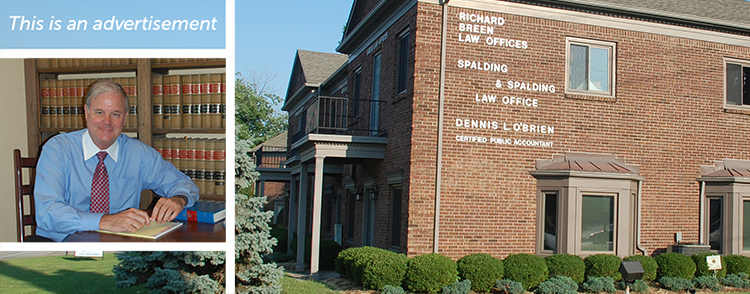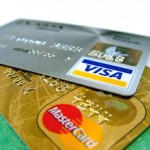 Growing up, if you did something wrong, such as not sharing your toys, your mother probably instructed you to apologize to little Jessica or Johnny right away. As a child, there was this impression that an apology could right any wrong committed. As an adult, this illusion was probably dispelled; however, a recent article in Science Daily entitled “Bankruptcy Judges Influenced by Apology” suggests that maybe your mother was right. Maybe you should revert back to the childhood habit of always saying “I’m sorry” when you’ve slighted someone.
Growing up, if you did something wrong, such as not sharing your toys, your mother probably instructed you to apologize to little Jessica or Johnny right away. As a child, there was this impression that an apology could right any wrong committed. As an adult, this illusion was probably dispelled; however, a recent article in Science Daily entitled “Bankruptcy Judges Influenced by Apology” suggests that maybe your mother was right. Maybe you should revert back to the childhood habit of always saying “I’m sorry” when you’ve slighted someone.
According to the article, “Research by legal and psychological scholars has shown that apologies can result in better outcomes for wrongdoers in a variety of legal settings.” Those legal settings include bankruptcy. The article focuses on research done by law professors at the University of Illinois. Their study revealed that judges tended to believe that remorseful debtors would be more careful in managing their finances in the future versus non-apologetic debtors.
Jennifer K. Robbennolt and Robert M. Lawless, the two law professors conducting this research, presented federal bankruptcy judges with a hypothetical situation. In this scenario, a married couple with two children asked to have a proposed debt repayment plan approved (under Chapter 13 bankruptcy); some judges were told the family offered an apology while other judges were not.
According to Jennifer Robbernnolt, “When our respondent judges believed that the debtor was more remorseful, they were more likely to approve the debtor’s repayment plan in bankruptcy. Bankruptcy is different from many other areas of law because the harm is often spread across many creditors, so there is no single victim. In addition, the debtor initiates the case, so the filing of a bankruptcy petition itself may be perceived as an acceptance of responsibility by the harm-doer, as a way of ‘owning up’ to an unmanageable financial condition.”
This study may be helpful to those considering bankruptcy as an option to climb out of debt. Bankruptcy lawyers may also find helpful information in this study. For example, a bankruptcy lawyer who has read this article on Science Daily will probably be certain to instruct all clients to express remorse before a judge. Hopefully, the client(s) will be sincere and use bankruptcy as a second chance to be more financially responsible and upstanding in the future.
In addition, this study may have an affect on bankruptcy policies and procedures. For instance, if a judge is aware of this study, is he or she more likely to purposely disregard an apology in an attempt to prove impartiality? On the other hand, is favoring someone who apologizes really an example of negative bias? Shouldn’t someone who owns up to his or her mistakes and expresses remorse be viewed with more mercy or in a more positive light than someone who has not accepted the role he or she played in acquiring the debt that lead to bankruptcy?








Speak Your Mind